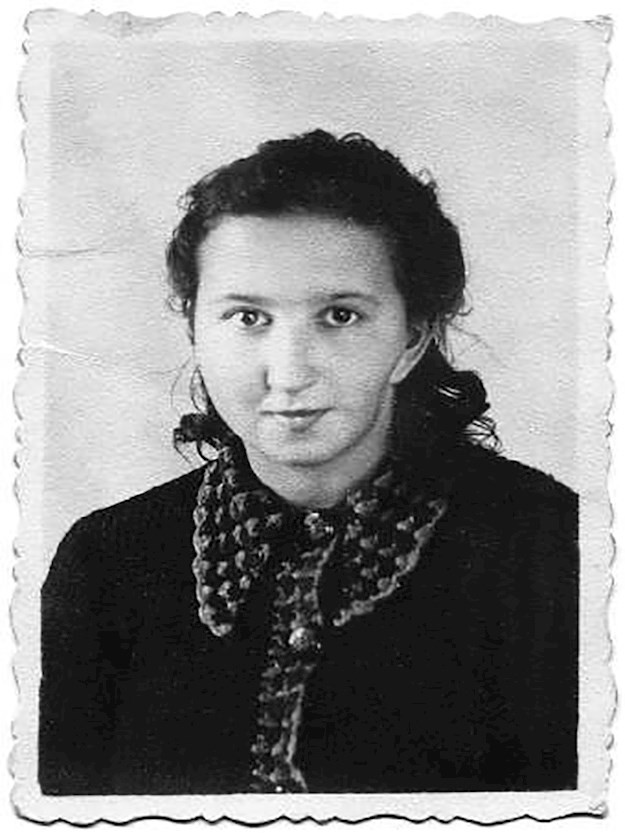Living in the eastern part of Poland, Danuta Siedzikówna alias ‘Inka’(1928-1946) experienced the horrors of both the German and the Soviet occupation of her home country. In 1940 her father was deported to Russia. Her mother was killed by the Gestapo in 1943. Danuta, a 15 year old orphan then, decided to join the Home Army, the Polish armed resistance movement, that was loyal to the Polish government in exile in England. As part of the army’s underground training she required medical skills and started working as a medical orderly.
In June 1945 Danuta was arrested by the communist security service, but was soon liberated by Polish partisans. To avoid capture, she changed her name and moved to former German East Prussia, now part of Poland. There she worked in a forestry office, while maintaining contact with the anti-communist resistance. As her nom-de-guerre she chose ‘Inka’, most likely a reference to the powerful and almost unconquerable Inca-people in former Peru. Acting as a courier, Datuna came to Gdansk on 20 July 1946, where she was arrested and sent to prison. The prosecutors tried to force her to give the names of her contacts in the resistance, but despite the beatings and harshness she kept silent. On 3 August 1946 ‘Inka’ was sentenced to death. Three weeks later, less than a week before her eighteenth birthday, she was shot in a cellar of the City Prison.
On 11 November 2006, Polish Independance Day, Danuta was posthumously awarded the Kníght’s Cross of the Order of Polonia Restituta. On 28 August 2016, 70 years after her execution, a state burial was held for her and one of her companions.
